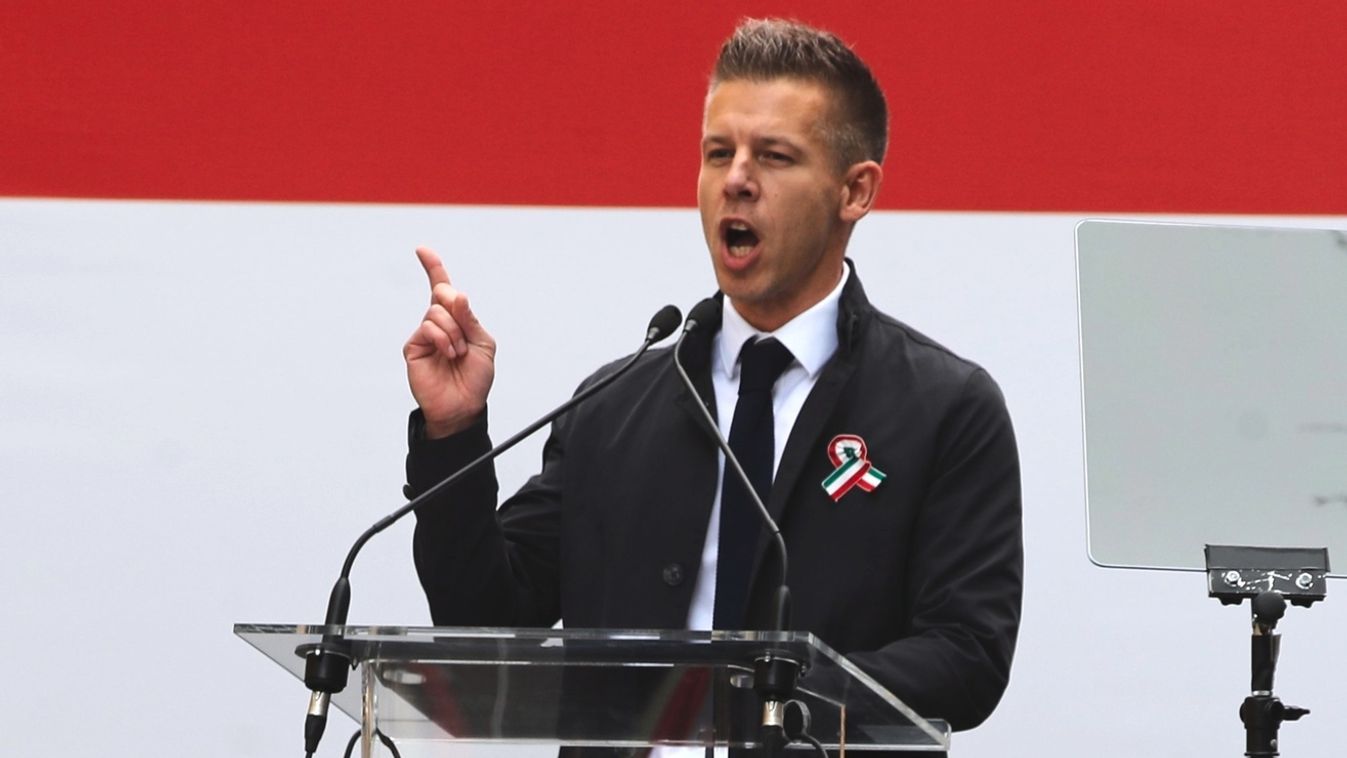
- Népszerű popsztár, médiaszemélyiség, reszelős hangú színész-komikus – íme a „regionális Magyar Péterek”
- 20 éve az Európai Unióban: Vissza kell szerezzük közös Európánkat!
- Magyarországnak most kulcsszerepe van: mindenki azt figyeli, mit lépnek a magyarok – az Osztrák Szabadságpárt EP-képviselője a Mandinernek
Is Europe right to distrust Hungary’s prime minister?
"Ten million freedom fighters," Orbán says. "That has some advantages, but from the governmental side it’s difficult."
"Orbán, the youngest of Hungary’s Cold War heroes, ought to find it easier to govern Hungary than his predecessors. Still in his 40s, widely read, Calvinist (like many Hungarian politicians through the ages), tough when he has to be (and sometimes when he doesn’t), he has a vision of a proud and prosperous Hungary that his followers find stirring. Two years ago, his Fidesz party took two-thirds of the seats in parliament—enough to rewrite Hungary’s constitution and reorder its society. (...)
He had recently helped found Fidesz, which is a Hungarian acronym for 'Alliance of Young Democrats,' and at the time it admitted no members over the age of 35. This was a group that saw no 'good intentions' in communism, nor anything the past generation had contributed to Hungary except terror and corruption. Orbán’s speech was of a shocking brusqueness. He told the Soviets they should get out of Hungary, lock, stock, and barrel. Later, when Communists were negotiating a transition arrangement that would have allowed the party to maintain 'workers’ combat groups' and party representatives in workplaces, Orbán was among those who blocked it. He has been the country’s top conservative politician for most of the intervening decades, serving a term as prime minister at the turn of the century. (...)
Összesen 0 komment

Sok parizer, kevés ajánlás: hatalmasat bukott Jakab Péter
origo.hu
Milliókat képes megölni az orosz Sátán II, a Földön nincs olyan pont, ahová ne érne el
origo.hu
Megtörtént a bejelentés: így alakulnak hétfőtől az üzemanyagárak
borsonline.hu
Áll a bál a Nike olimpiára szánt női sportdresszeinek túlszexualizáltsága miatt + videó
hirtv.hu
Vége: Elbúcsúzott Jákob Zoli, ennyi volt
ripost.hu
Nógrádi György is úgy látja, hogy egy világháború küszöbén állunk
hirtv.hu
Kulcsár Edina és G.w.M: még meg sem született a második baba, máris jöhet a harmadik
origo.hu
Gyalogosként állt be a McDrive-ba egy magyar srác, ő sem hitte el, ami ezután történt
mindmegette.hu
Stratégiai fontosságú lehetett a DK-nak, hogy egy belső bizalmi emberük legyen a főváros rendészeti parancsnoka
magyarnemzet.hu
Toporzékol a Bloomberg: Orbán túlságosan ügyesen használja ki Oroszország, Kína és a Nyugat konfliktusát
mandiner.hu
Micsoda egy nyomorult, leépült, ostoba barom ez az ember
mandiner.hu








